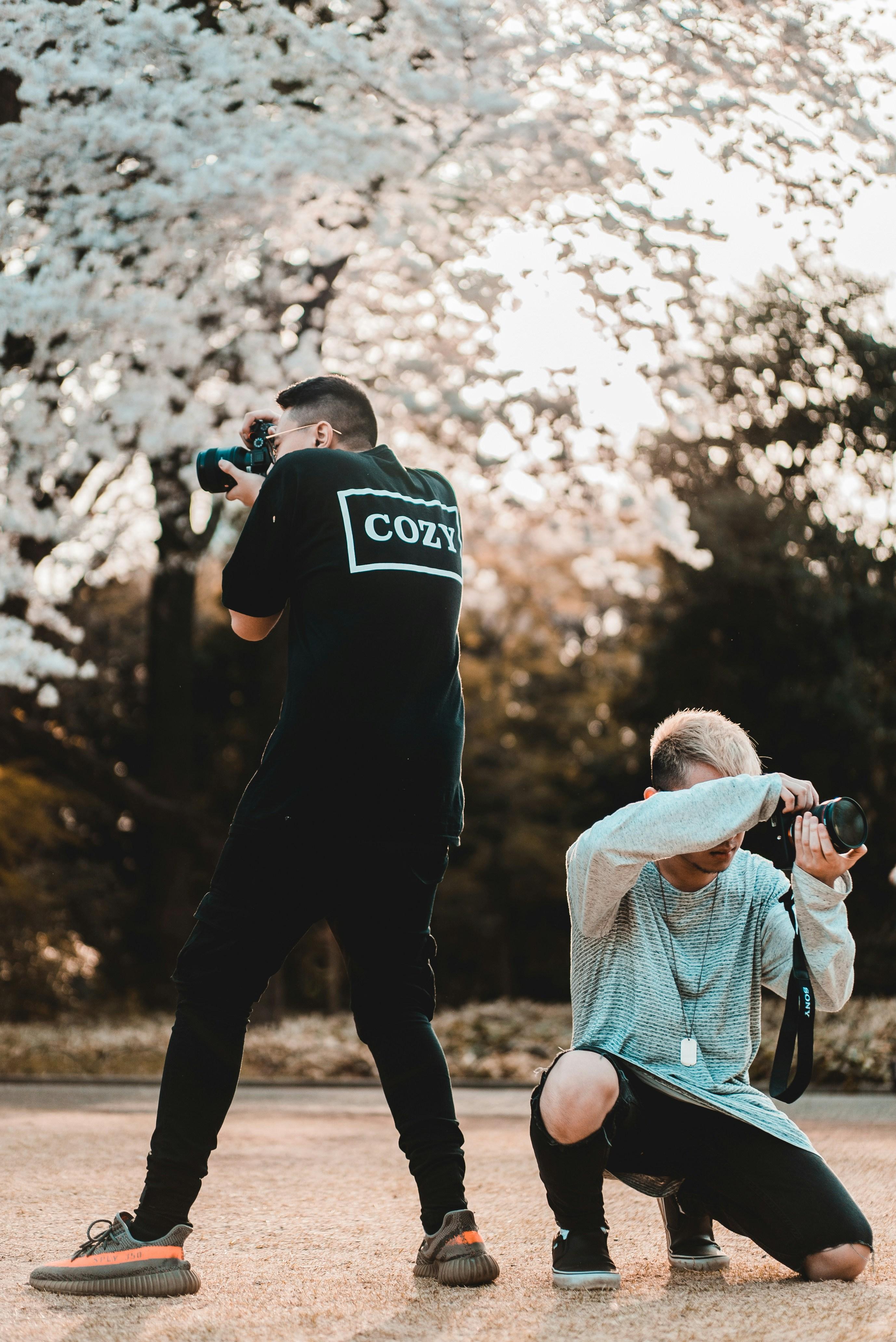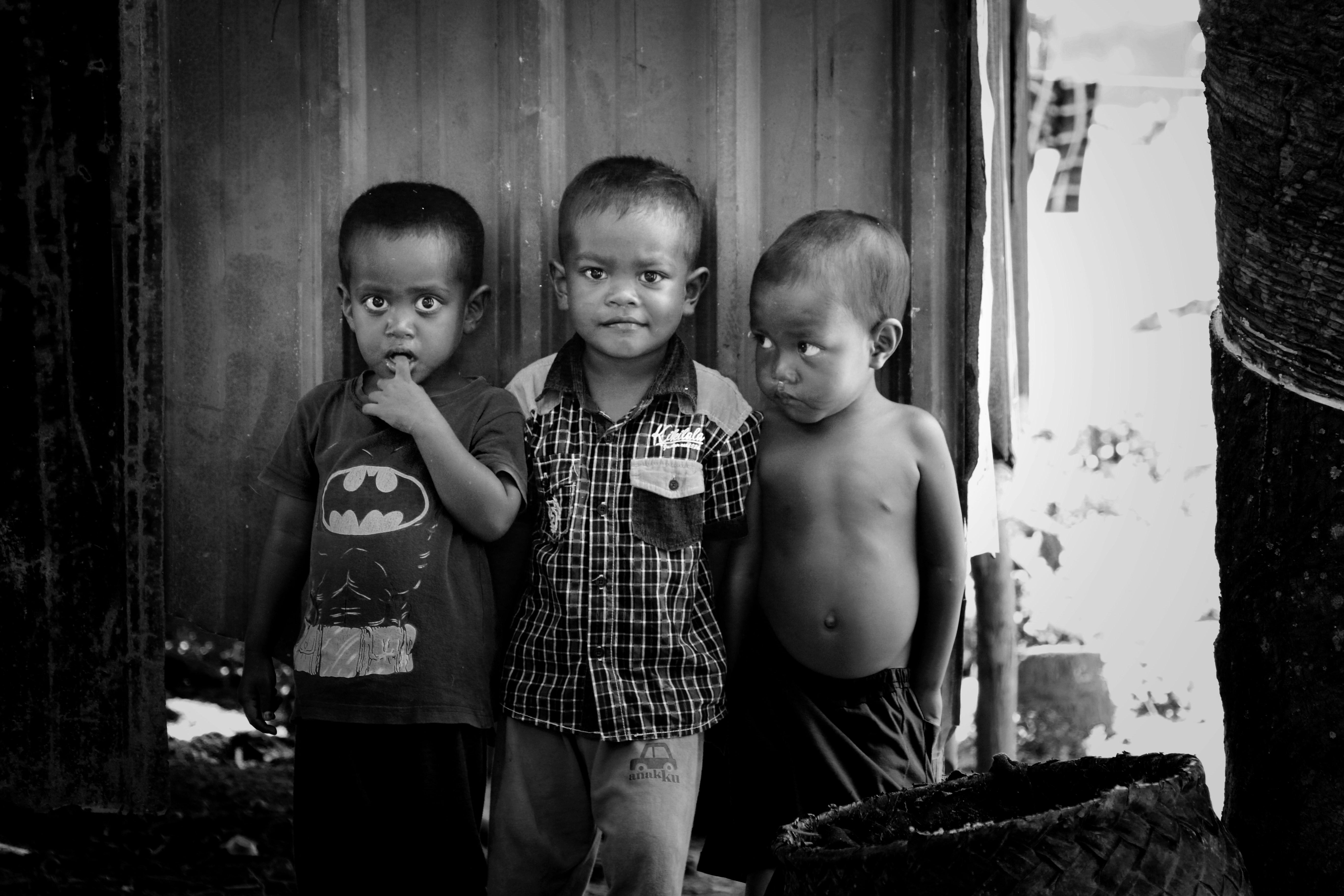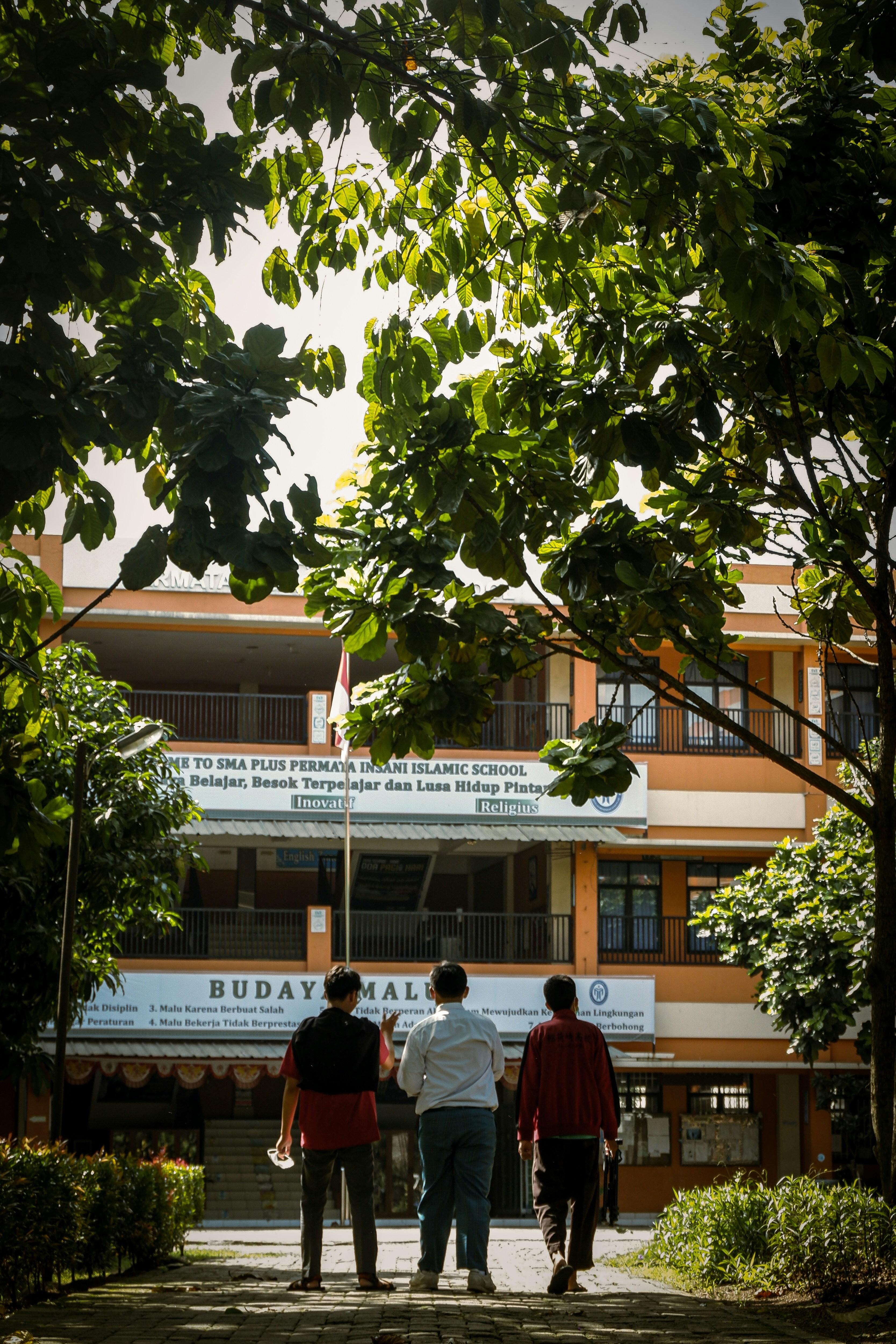In recent years, the superhero genre has become a dominant force in popular culture, with its influence permeating film, television, and literature. Amidst this landscape, “The Boys,” a television series based on the comic book by Garth Ennis and Darick Robertson, emerges as a provocative critique that challenges the traditional narratives and moral dichotomies often associated with superheroes. By subverting familiar tropes and presenting a world where superpowered individuals are neither inherently virtuous nor altruistic, “The Boys” offers a unique lens through which to examine the cultural and ethical implications of superhero mythology. This article delves into how “The Boys” deconstructs the superhero genre, exploring its narrative techniques, character development, and thematic explorations to reveal the complexities and contradictions that lie beneath the surface of superhuman heroism.
Subversion of Traditional Hero Archetypes
The Boys challenges the conventional superhero narrative by presenting its characters as deeply flawed and morally ambiguous, diverging from the traditional hero archetypes. Instead of embodying idealized virtues, the superheroes in this series often exhibit egotism, corruption, and self-interest. This stark contrast is particularly evident in characters like Homelander, who outwardly resembles a classic superhero with his patriotic imagery and superhuman abilities but is, in reality, a sociopathic figure driven by personal power and control.
- Complex Motivations: Unlike the straightforward heroism seen in traditional superhero tales, characters in The Boys have layered motivations. They act not out of pure altruism but often from personal vendettas or survival instincts.
- Real-world Consequences: The series portrays the impact of superpowers on society, addressing issues such as corporate influence, media manipulation, and the erosion of public trust, which are often glossed over in traditional superhero narratives.
- Humanizing Flaws: By highlighting the imperfections and vulnerabilities of its heroes, The Boys invites viewers to question the very notion of heroism and challenges the binary of good versus evil that dominates the genre.
This subversion not only offers a fresh perspective but also serves as a critique of how society idolizes figures without acknowledging their potential for moral failure. Through its nuanced portrayal, The Boys compels audiences to reassess what it truly means to be a hero.
Critique of Corporate Influence on Superhero Narratives
The series offers a compelling critique of how corporate interests manipulate superhero narratives, often prioritizing profit over genuine heroism. Unlike traditional superhero tales where characters are depicted as paragons of virtue, “The Boys” presents superheroes as products of a powerful corporation, Vought International, which meticulously crafts their public personas. This portrayal challenges the viewer to question the authenticity of heroism when it is heavily influenced by commercial objectives.
- Commodification of Heroes: Superheroes are treated as brands, with their images and actions controlled to maximize marketability.
- Media Manipulation: The series highlights how media is used to shape public perception, often hiding the darker aspects of these so-called heroes.
- Power Dynamics: The corporate hierarchy within Vought reflects real-world power imbalances, showing how control is exerted over those with superpowers.
By presenting these elements, “The Boys” not only entertains but also encourages viewers to critically assess the intersection of capitalism and heroism, offering a mirror to societal tendencies to idolize figures without questioning the forces behind their image.

Exploration of Moral Ambiguity and Ethical Dilemmas
The series The Boys cleverly challenges the traditional notions of good and evil, presenting a complex landscape where moral ambiguity thrives. Rather than depicting superheroes as paragons of virtue, it showcases them as flawed individuals, whose actions often blur the line between heroism and villainy. This deconstruction prompts viewers to question the ethics behind wielding immense power and the accountability that comes with it. The show raises poignant questions about the responsibilities of those in power and the often murky motivations that drive their actions.
- Corruption and Power: Superheroes in the series often exploit their abilities for personal gain, highlighting how power can corrupt even those deemed virtuous.
- Collateral Damage: The consequences of their actions are not always clear-cut, with civilian casualties often portrayed as collateral damage, forcing a reevaluation of the ethics of saving the day.
- Corporate Manipulation: The intertwining of corporate interests with superhero activities reveals a cynical view of capitalism, where ethical lines are crossed for profit and public image.
By presenting these ethical dilemmas, The Boys not only entertains but also serves as a mirror to real-world complexities, urging its audience to reflect on the nature of morality in an imperfect world.

Impact of Real-World Parallels on Audience Perception
The genius of The Boys lies in its ability to weave real-world parallels into its narrative, compelling audiences to reconsider their perceptions of superheroes. This subversive series doesn’t just entertain; it invites viewers to draw connections between the fictional world and contemporary societal issues. By doing so, it challenges the traditional superhero archetype, often portrayed as infallible and altruistic, and instead presents these characters as deeply flawed, influenced by corporate interests and personal vendettas.
Key elements that resonate with viewers include:
- Corporate Manipulation: The depiction of Vought International as a powerful conglomerate controlling superheroes mirrors real-world corporate influence in politics and media.
- Celebrity Culture: The show critiques the idolization of public figures, drawing parallels to how society often overlooks the flaws of celebrities due to their status.
- Media Influence: The manipulation of public perception through controlled narratives in the show reflects the power of media in shaping opinions and obscuring truths.
By embedding these elements within its plot, The Boys not only deconstructs the superhero genre but also offers a mirror to the complexities of modern society, prompting audiences to question the integrity and motives of those in power.
In Retrospect
“The Boys” serves as a compelling deconstruction of the superhero genre by peeling back the layers of idealism and exposing the complexities beneath the surface. Through its gritty narrative and morally ambiguous characters, the series challenges the traditional archetypes that have long dominated superhero stories. It invites viewers to question the nature of heroism and the societal structures that enable power and corruption. By blending dark humor with sharp social commentary, “The Boys” not only entertains but also provokes critical reflection on the real-world implications of unchecked authority and the mythos of infallible heroes. As the landscape of popular culture continues to evolve, “The Boys” stands out as a bold and thought-provoking exploration of what it truly means to be superhuman.
